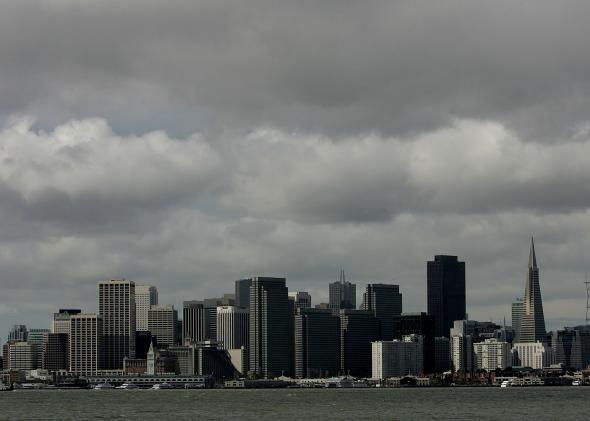Another day, another frustrating article about rising housing prices in the Bay Area that doesn’t mention the supply-side at all.
But think about this: The high-tech economy is booming. That means affluent skilled workers want to move to the Bay Area to participate in the high-tech economy. It also means a small but not entirely trivial fraction of those affluent skilled workers are getting stinking rich off initial public offerings and such. So naturally the prices that people are willing to pay for housing are skyrocketing.
Under any policy paradigm, that really ought to make the price of a single-family detached house with a sizable yard soar, since land is objectively scarce. But the only reason that scarcity of land should lead to scarcity of houses is zoning. The city of San Francisco itself bears some blame for this—many low-rise districts of the city could and should be redeveloped as denser high-rise areas. I’m often accused of wanting every city to turn itself into my native Manhattan, but San Francisco has about half the population density of Brooklyn and could easily accommodate hundreds of thousands of new housing units without Manhattanization.
But the even more egregious issues are in the suburban areas stretching south of San Francisco down the Peninsula. These areas in San Mateo and Santa Clara counties serve as suburbs of San Francisco and San Jose but also as important business hubs in their own right. Demand for this Silicon Valley land is extremely high. The reasonable thing to do would be to use the land intensively—some more apartment buildings, some more rowhouse neighborhoods, some more detached houses on slightly smaller plots—but Valley politics have been relentlessly hostile to real-estate development. The shortage of both houses and commercial office space that results from this dynamic is a substantial driver of economic problems in the Bay Area—but to an extent also throughout the country. The supercharged growth in the high-tech sector ought to be creating massive spillovers of prosperity, in just the way that the rise of the auto industry drove the entire broader economy of Michigan in its day. Instead, it’s mostly creating windfall profits for a relatively small number of people and cost-of-living spirals for others.
